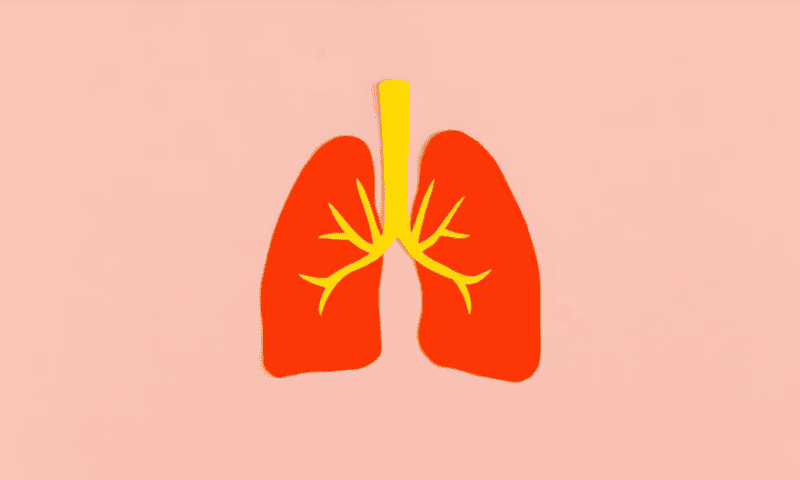A phase 3 trial of Daiichi Sankyo and Merck & Co.’s HER3-directed antibody-drug conjugate (ADC) has hit its primary endpoint, boosting plans to take a second shot at FDA approval. But two more people died after developing interstitial lung disease (ILD), and the overall survival (OS) data are immature.
The trial compared the ADC patritumab deruxtecan to chemotherapy in people with metastatic or locally advanced EGFR-mutated non-small cell lung cancer (NSCLC) after the failure of a third-generation EGFR tyrosine kinase inhibitor such as AstraZeneca’s Tagrisso. Daiichi linked its ADC to progression-free survival (PFS) of 5.5 months in an earlier phase 2, only for manufacturing issues to sink a filing for FDA approval.
In the phase 3 trial, PFS was significantly longer in the ADC cohort than in the chemotherapy control arm, causing the study to hit its primary endpoint. Daiichi included OS as a secondary endpoint, but the data were immature at the time of analysis. The study will continue to further assess OS.
Daiichi and Merck are yet to share the numbers behind the hit on the PFS endpoint. And, with the OS data yet to mature, the top-line release leaves questions about the efficacy of the ADC unanswered.
The partners said the safety profile was consistent with that seen in earlier lung cancer trials and no new signals were seen. That existing safety profile has problems, though. Daiichi saw one case of grade 5 ILD, indicating that the patient died, in its phase 2 study. There were two more grade 5 ILD cases in the phase 3 trial. Most of the other cases of ILD were grades 1 and 2.
ILD is a known problem for Daiichi’s ADCs. A review of 15 studies of Enhertu, the HER2-directed ADC that Daiichi developed with AstraZeneca, found five cases of grade 5 ILD in 1,970 breast cancer patients. Despite the risk of death, Daiichi and AstraZeneca have established Enhertu as a blockbuster, reporting sales of $893 million in the second quarter.
The partners plan to present the data at an upcoming medical meeting and share the results with global regulatory authorities. If approved, patritumab deruxtecan could meet the need for more effective and tolerable treatments in patients with EGFR-mutated NSCLC who have run through the existing options.

